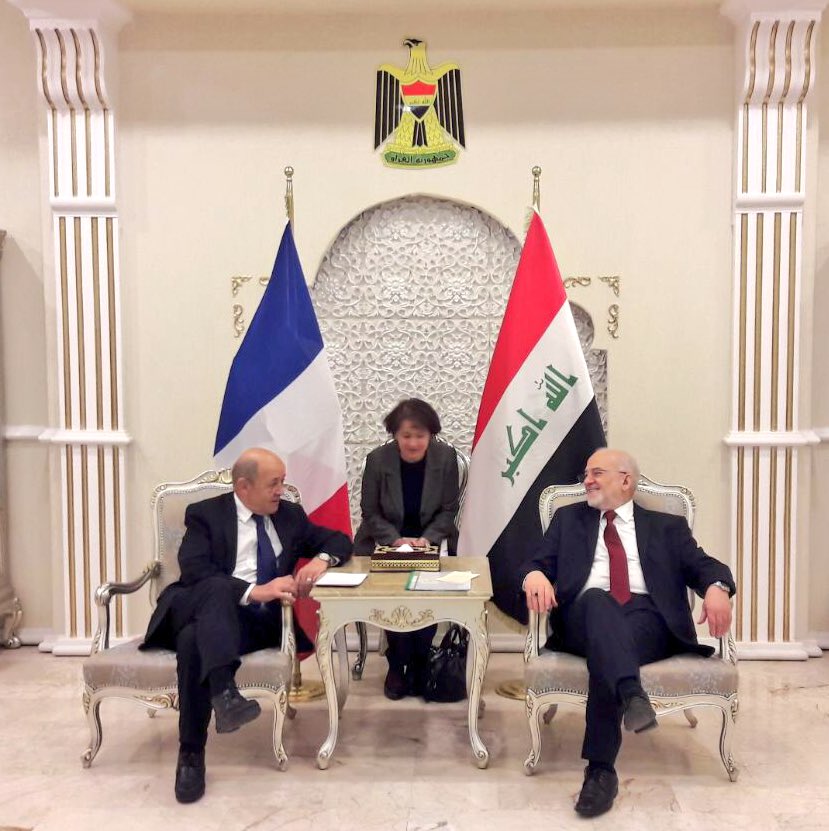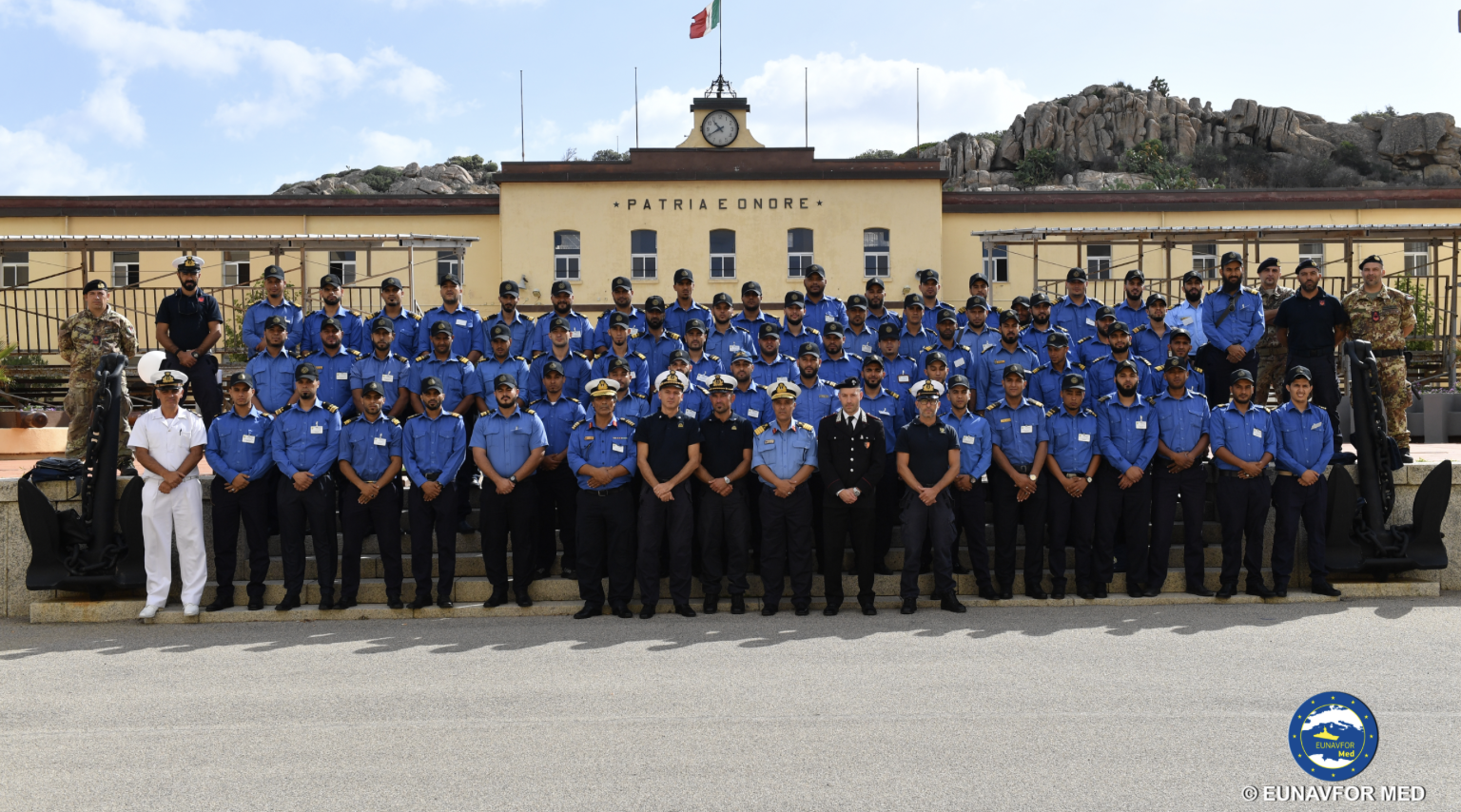Oui, l’UE doit intervenir au Congo! demandent 16 personnalités

(B2)Ils s'appellent Vaclav Havel ou Frederik Willem de Klerk, Joschka Fisher ou Mary Robinson, Jan Egeland ou Richard Goldstone, Desmond Tutu ou Njongo Ndungane, El Hassan bin Talal ou George Soros... Ils sont d'origine très diverses (république tchèque, Afrique du Sud, Allemagne, Irlande, Norvèg, Royaume-Uni, etc.) et nombre d'entre eux ont exercé des fonctions qui les ont amené à être au contact de la réalité du génocide (tribunal pénal pour l'e-Yougoslavie, mission de l'Onu pour le Rwanda, coordinateur pour les affaires humanitaires à l'Onu, etc.). Bref, ce sont des personnalités de premier plan - même s'ils n'exercent plus aujourdhui de fonction -. Et ils viennent de lancer un appel pressant aux autorités européennes pour qu'elles interviennent au Congo, que ses dirigeants de l'UE
n'échappent pas à leur responsabilité, qu'ils s'engagent davantage dans une région. Certains Etats membres avaient souhaité cette solution, mais une grosse majorité n'était pas d'accord (lire "renfort au Congo"). Une lettre a ainsi été adressée aux 27 chefs d'Etat et de gouvernement de l'UE ainsi qu'à Javier Solana, ce mercredi.
NB : Conformément aux désirs des signataires, je ne la publie qu'à minuit (heure fixée pour l'embargo).
Cet appel mérite un intérêt d'autant plus soutenu que le renforcement annoncé de la Monuc ne semble pas régler tout. Au contraire. La RDC vient en effet de refuser le renfort par des troupes indiennes de la Monuc (seul pays avec le Malawi à avoir annoncé des renforts substantiels terrestres). Il et a même demandé, le retrait des troupes de ce pays de la zone du Kivu, estimant que certains soldats sont impliqués dans des violences sexuelles. Problème : ce sont les Indiens qui disposent des hélicoptères d'attaque bien utiles à la Monuc...
Voici la lettre qu'ils ont adressé aux autorités européennes (en anglais):
Dear Head of State,
As you will be aware, the situation in the Eastern DRC is a clear humanitarian catastrophe. The United Nations has already documented massacres, rape and the forced recruitment of children and the peacekeeping force on the ground is currently unable to protect the hundreds of thousands of civilians at risk. To those of us who have worked on such issues for some time, current events bring back painful memories of Rwanda and Srebrenica, mass atrocity crimes world leaders promised to prevent when they agreed at the World Summit in 2005 that they had a responsibility to protect populations from genocide, ethnic cleansing, war crimes and crimes against humanity. Of course, it is clear to all of us that only a political solution can bring an end to this crisis. We all strongly support an end to impunity; an army that protects it own civilians rather than preys on them and an inclusive political process. It will be critical for President Olusegun Obasanjo in his role as Special Envoy to receive high level support over the coming months if it is to be successful. But it is also clear that the political track will take time to yield results and would suffer badly from any sudden destabilisation that could take place at any moment. While the UN has authorised an additional 3,000 troops it will likely take between three and six months to deploy them. The Congolese people cannot wait. The UN Special Representative to the DRC has called for an interim force to deploy immediately to protect civilians and support the UN peacekeepers until reinforcements can arrive. It is increasingly clear that the EU is best placed – through its standing battle groups - to play this role and deploy now. We urge you to speedily agree to the temporary deployment of an EU force. In our view this would help protect the lives of hundreds of thousands of civilians currently at risk. It needs your personal political leadership to make sure this happens and ensure ‘never again’ really means never again.
Yours,
Lloyd Axworthy, former Canadian Foreign Minister
Jorge Castaneda, former Mexican Secretary of Foreign Affairs
Lieutenant-General Roméo Dallaire (Retired), Canadian Senator and former Force Commander of the United Nations Assistance Mission to Rwanda Vaclav Havel, writer and former President of the Czech Republic Frederik Willem de Klerk, Nobel Peace Laureate and former President of South Africa Jan Egeland, Director of the Norwegian Institute of International Affairs, former UN Undersecretary-General for Humanitarian Affairs and Emergency Relief Coordinator Joschka Fisher, former German Foreign Minister and Vice Chancellor Richard Goldstone, former Chief Prosecutor of the UN International Criminal Tribunals for the former Yugoslavia and for Rwanda. Juan Mendez, President of the International Center for Transitional Justice, former Special Advisor to the Secretary General on the Prevention of Genocide Mike Moore, former Director General of the World Trade Organisation, former Prime Minister of New Zealand Archbishop Njongo Ndungane, former Anglican Archbishop of Cape Town Bishop Monsengwo Pasinya Laurent, Head of the Catholic Church in Kinshasa Mary Robinson, President of Realizing Rights, former President of Ireland and UN High Commissioner for Human Rights George Soros, Chairman of the Open Society Institute El Hassan bin Talal, Prince, Jordan Archbishop Emeritus Desmond Tutu, Nobel Peace Laureate
(NGV)

